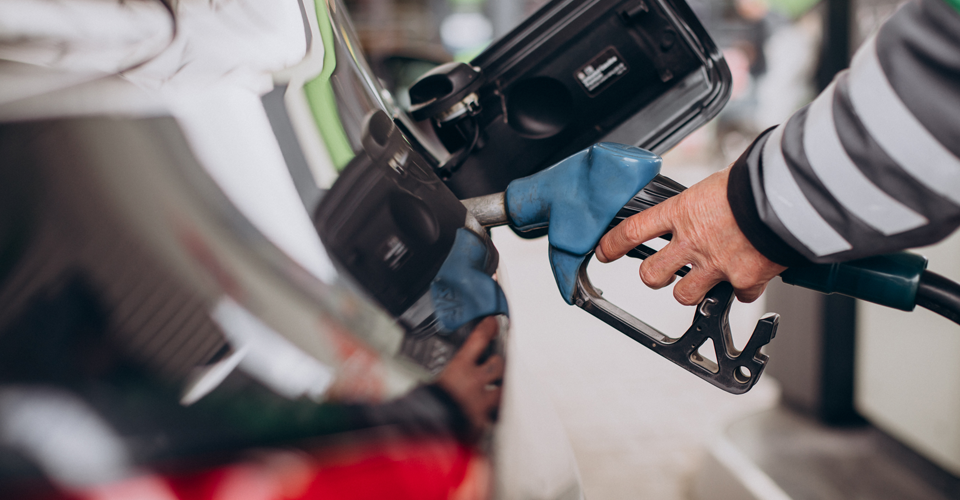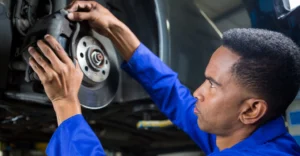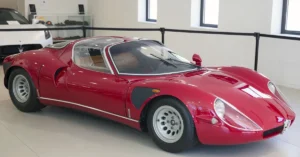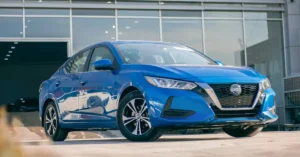Fuel efficiency or how far your car can travel per liter of petrol is one of the most important yet often overlooked aspects of owning a vehicle. Whether you’re commuting, taking long road trips, or just running daily errands, how efficiently your car uses fuel directly affects your wallet and the environment.
Improving fuel efficiency isn’t just smart it’s necessary. More kilometres per litre means less time spent at the pump, lower running costs, and reduced emissions.
Let’s break down what fuel efficiency really means, what affects it, and how you can start saving petrol (and money) right away.
How Is Fuel Efficiency Measured?
Fuel efficiency is typically measured by how far a vehicle can travel using a certain amount of fuel. In most places, this is expressed in litres per 100 kilometres (L/100 km). The lower the number, the more efficient the vehicle.
For example:
- A compact hatchback might average around 6 L/100 km.
- A larger SUV could use over 12 L/100 km, especially in stop-and-go traffic or at high speeds.
Knowing your car’s fuel consumption can help you make better driving decisions and notice when your vehicle is underperforming.
What Affects Fuel Efficiency?
Fuel consumption isn’t only about the size of your engine. Several key factors can significantly impact how much fuel your vehicle uses:
- Driving Habits
Sudden acceleration, speeding, and harsh braking all increase fuel use. Driving smoothly and maintaining steady speeds can improve mileage. - Vehicle Maintenance
Poorly maintained engines, clogged air filters, or faulty sensors can drag down fuel efficiency. - Tyre Pressure
Underinflated tyres increase rolling resistance, forcing your engine to work harder. Check tyre pressure regularly, especially when temperatures change. - Weight and Aerodynamics
Extra weight in your boot or a bulky roof rack increases drag. Lighten the load and remove roof boxes when not needed.
Smart Driving Tips to Improve Fuel Efficiency
Here are a few simple habits that make a real difference:
- Use Cruise Control on Highways
Maintaining a constant speed helps reduce unnecessary fuel consumption during long drives. - Avoid Excessive Idling
Leaving your engine running while parked wastes fuel. If you’re waiting for more than a minute, it’s better to turn the engine off. - Combine Your Errands
Plan your trips to avoid multiple short journeys. Cold starts use more fuel, so combining errands helps your engine run more efficiently. - Carpool When Possible
Sharing rides means fewer cars on the road, less fuel used overall, and a lighter environmental footprint.
Regular Maintenance = Long-Term Savings
Keeping your car in top condition is one of the easiest ways to improve fuel economy:
- Engine Tune-Ups
Follow your vehicle’s recommended service intervals. Replacing spark plugs, air filters, and fixing worn parts can boost fuel efficiency by as much as 10%. - Use the Right Motor Oil
Using the manufacturer-recommended oil grade can improve mileage by 1–2% small gains that add up over time. - Check and Refresh Fluids
Engine oil, coolant, transmission fluid they all reduce friction and help your vehicle run smoothly.
Bonus Tips for Hot and Dusty Climates
- Use A/C Wisely
Air conditioning can be a major fuel drain. Park in shaded areas when possible and ventilate your car before switching on the A/C. - Avoid Peak Traffic Times
Stop-and-go traffic eats fuel fast. If possible, plan your routes and timing to avoid congested periods.
Conclusion: Drive Smart, Save More
Fuel efficiency isn’t just a technical term it’s a smart way to lower expenses, reduce emissions, and take better care of your vehicle. A few small changes in how you drive and maintain your car can go a long way in helping you save money and extend your car’s lifespan.
Ready to Get More Kilometres Out of Every Dirham?
MotorHub makes it easy.
Book expert maintenance, fluid checks, and tune-ups with our trusted workshops all from your phone. Whether you’re navigating city traffic or taking long road trips in the UAE, start your fuel-saving journey with a well-maintained vehicle.



